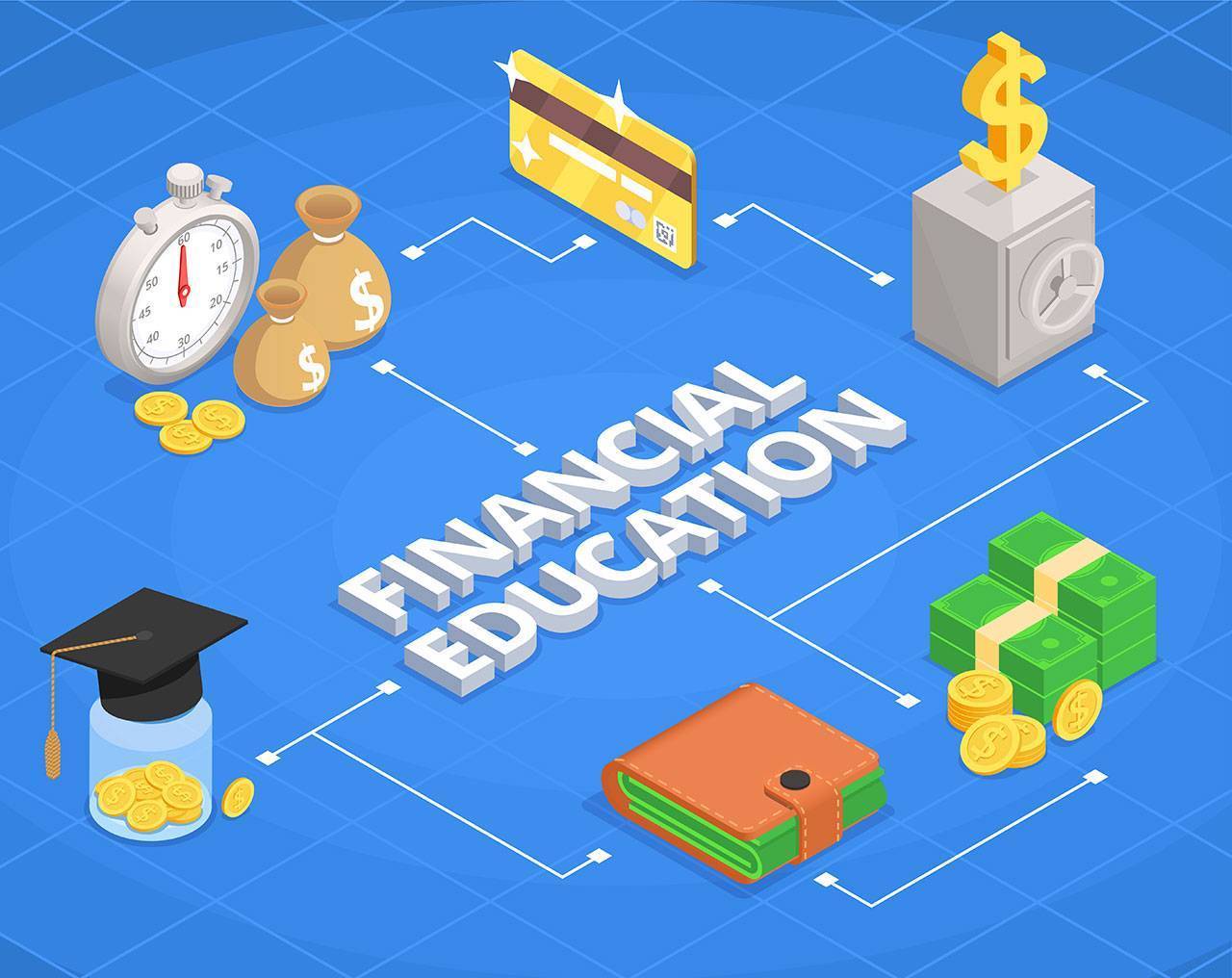Financial Literacy For Kids

Financial literacy is an important skill for kids to learn early on in life. Teaching kids the basics of money management and financial decision-making can help them become more responsible adults. It’s never too early to start teaching kids about money, and there are plenty of ways to do so.
One of the best ways to teach children financial literacy is to involve them in the family’s financial decisions. Showing them how to make a budget and stick to it can help them understand the importance of budgeting. Additionally, teaching them the basics of investing, such as the differences between stocks, bonds, and mutual funds, can help them understand the importance of saving for the future.
When teaching children about money, it’s important to be positive and encouraging. Reinforcing the idea that smart financial decisions can lead to a better future can help children develop positive money habits. With the right guidance, children can learn to make smart financial decisions that will benefit them throughout their lives.
Overall, financial literacy is an important skill for kids to learn. Teaching children the basics of money management and financial decision-making can help them become more responsible adults. With the right guidance and encouragement, children can learn to make smart financial decisions that will benefit them throughout their lives.
Lessons and Ways To Teach Kids About Money by Age
Preschool and Kindergarten: Ages 3 to 5
Learning about money is an important life skill for children, and it can start as early as preschool and kindergarten. Teaching kids about money helps them to understand the value of money and how to manage it responsibly. This is an important lesson that will stay with them throughout their lives and help them make sound financial decisions.
When teaching preschool and kindergarten kids about money, it is important to keep the lessons simple. Start by introducing the concept of money and what it is used for. Talk about the different coins and bills, and how they are used to purchase items. Explain the concept of saving, and how it can help them reach their goals. Show them how to count money, and how to make change.
It is important to make learning about money fun and engaging. Use games, stories, and activities to help them understand the value of money. Show them how to make smart decisions
when it comes to spending and saving. With the right approach, kids can learn the basics of money management and develop good financial habits.
Learning about money is an essential life skill for children, and teaching them about money at an early age is a great way to ensure they have a strong financial foundation. With the right approach, preschool and kindergarten kids can learn the basics of money management and develop good financial habits.
Elementary School and Middle School: Ages 6 to 14
Teaching kids about money is an incredibly important and rewarding task! It is essential to equip children with the knowledge and skills to make responsible financial decisions throughout their lives. When teaching elementary and middle school kids about money, it is important to focus on the basics such as budgeting, saving, and spending. It is also beneficial to discuss topics such as credit, investing, and taxes. By providing children with this knowledge, they will be able to make informed decisions about their finances as they grow older.
High School: Teens Ages 16 to 19
Teaching high school kids about money is an important and exciting task! Money management is an essential life skill that will help them become financially responsible adults. When teaching high school students about money, it is important to start with the basics. Explain the difference between needs and wants, and how to create a budget. Show them how to track their spending and save for the future. Discuss the importance of investing, and how to make wise financial decisions. Finally, emphasize the importance of having an emergency fund and how to create one. Teaching high school students about money is a great opportunity to help them build a strong financial foundation for their futures.
Conclusion
Teaching kids about money is an important life skill that can help them make smart decisions and be financially responsible. It is important to approach this topic with a sense of enthusiasm and approval, so that kids can understand that learning about money is a positive and empowering thing. Start by discussing the basics of money, such as the different types of currency and how to count it. Then, move on to more complex topics like budgeting, saving, and investing. Explain the importance of each of these concepts and how they can help them achieve their goals. Finally, provide examples of real-world scenarios that demonstrate the importance of financial literacy. By taking the time to explain the basics of money in an engaging and positive way, kids can become more financially literate and make better decisions with their money.
